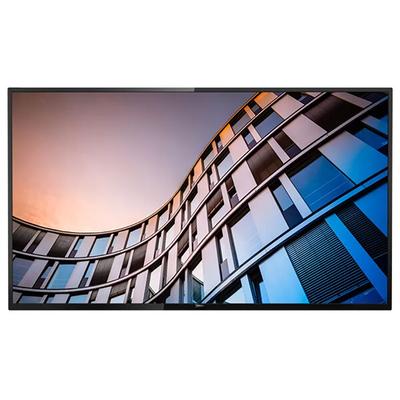DSL INTERNET ACCESS
Put simply, a Virtual Private Network, or VPN, is a group of computers or discrete networks together over a public network namely, the internet. Businesses use VPNs to connect remote datacenters, and individuals can use VPNs to get access to network resources when they’re not physically on the same LAN, or as a method for securing and encrypting their communications when they’re using an untrusted public network. When you connect to a VPN, you usually launch a VPN client on your computer or click a link on a special website, log in with your credentials, and your computer exchanges trusted keys with a far away server.
Once both computers have verified each other as authentic, all of your internet communication is encrypted and secured from eavesdropping. The most important thing you need to know about a VPN: It secures your computer’s internet connection to guarantee that all of the data you’re sending and receiving is encrypted and secured from prying eyes. Whether the VPNs you’re familiar with are the ones offered by your school or business to help you work or stay connected when you’re traveling or the ones you pay to get you watch your favorite shows in another country as they air, they’re all doing the same thing.
Types of VPNs
VPNs differ by architecture, purpose of usage, and accessibility. Two basic types of accessibility are site-to-site VPN and remote access VPN. Site-to-site VPNs are used in the corporate environment. A site-to-site VPN ensures the safe encrypted connection of two or more local area networks of the same company or of different companies. It means two geographically separated offices are virtually bridged together into a single LAN and users can access data throughout this network. Remote Access VPNs connect an individual computer to a private network. This type of VPN can be divided again into two groups –
-
Corporate VPNs – Corporate VPNs allow business travelers and telecommuters to connect to their company networks and remotely access resources and services on the networks. When a user connects his/her device to the company’s VPN, the VPN thinks that the user’s computer is on the same local network as the VPN.
-
Personal VPNs – Personal VPNs provide consumers with the same private and secure connection as the corporate VPNs. However, personal VPNs are not used to connect to private networks to access private resources.
Nowadays, consumers use personal VPN services mainly to browse the web anonymously, secure their web browsing sessions at public WiFi with HTTPs encryption, and bypass internet restrictions to get access to blocked websites and internet services i.e. Skype, Gmail. Personal VPN services are especially useful when connecting to a public WiFi network. It is estimated that nearly 90 percent of public WiFi networks are not secured.
By using a VPN service, all your internet communications will be encrypted, making it almost impossible for hackers and snoopers to read and steal your private information. There are many personal VPN service providers available for consumers to choose from, with many offering VPN services to consumers for a low monthly subscription fee. These services also make it easy and quick for you to install and use a VPN on practically any platform, including mobile and tablet devices.
Benefits of Masking Your IP Address
A VPN masks your IP address, giving you much greater privacy for your online activities. Unshielded, this IP address – the unique address for each device on the internet, can be misused to reveal your identity, location, ISP, and even the specifics of your online activity. When you use a VPN, your IP address is masked so you can surf the web anonymously. Thus, no one can find out where you connect from or what you do online. Moreover, by exchanging your IP address with the VPN server’s IP address, you can virtually connect from a geographic location that is different from where you are physically located.
For instance, you may be sitting inside a coffee shop in Dubai, but by connecting to a remote VPN server, you can appear to connect to the Internet from another location i.e. San Francisco or New York which hosts the VPN server you’re connecting to. This enables you to bypass regional internet restrictions and get access to content i.e. YouTube, Facebook or internet services i.e. Skype, Gmail, Viber that are otherwise restricted or censored in the location you are staying in.
VPN Hardware and Software
VPN is a client-server technology that is made up of hardware and software components on both the client user side and the server side. As VPNs have progressed from a corporate tool into today’s personal VPN, the installation requires no additional hardware on the user side other than the computer or device for accessing the internet.
Client
a. The hardware is the personal computer, smart phone or tablet
b. The software is the VPN client app running on your device
VPN Server
a. The hardware are server computers and traffic routers
b. The software controls the traffic routing and communication between the servers and the client i.e your computer.







